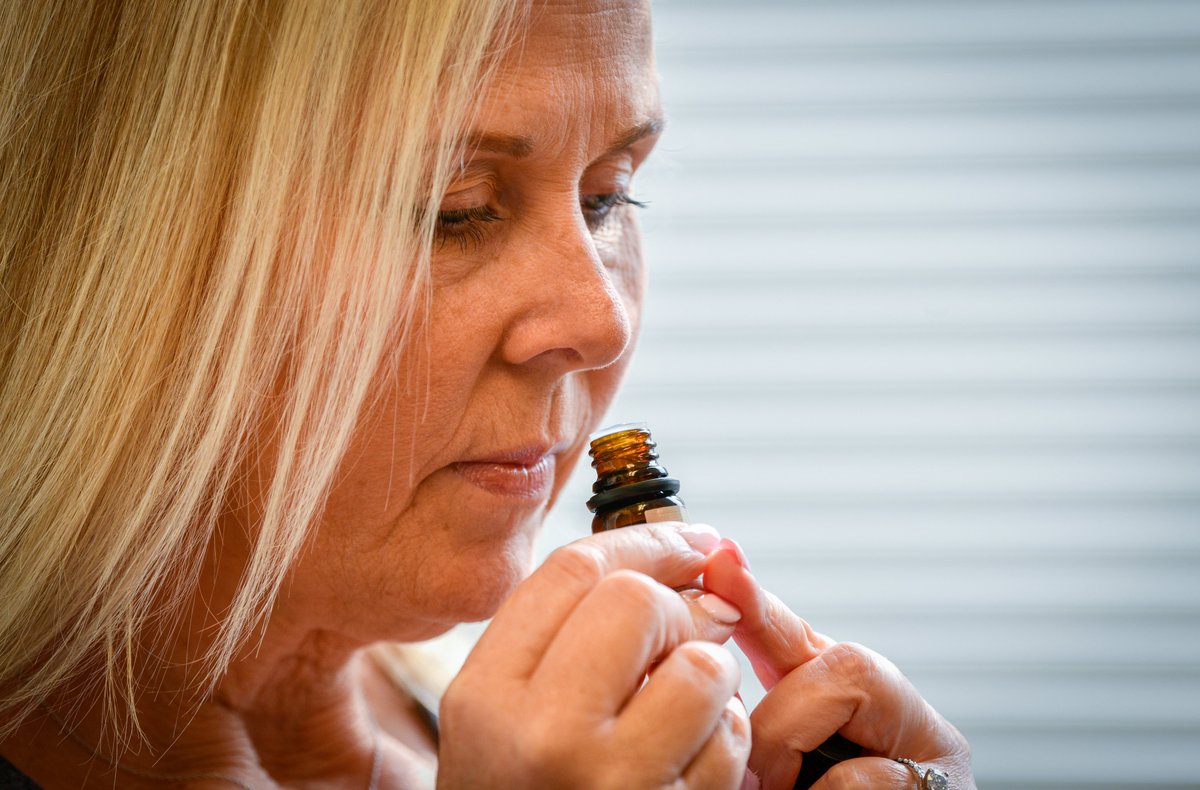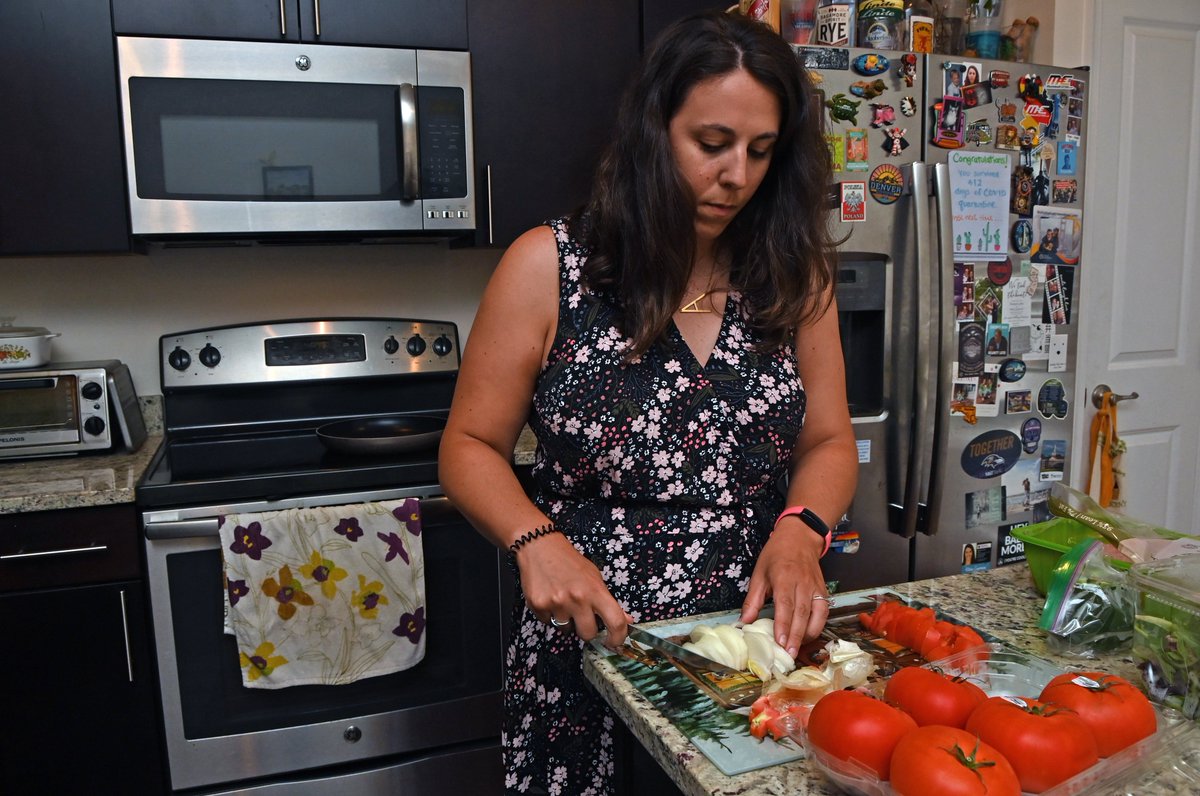7 days
30 days
All time
Recent
Popular
Congenital anosmia, the chronic inability to smell, is a rare condition — approximately 1 in 10,000 people had it according to 2016 figures.
But now, millions more have lost their sense of smell due to COVID-19. Many haven't regained all of it.
https://t.co/fLri7CV6Rg

At a minimum, the pandemic has highlighted the everyday struggles of people living with what some have termed an “invisible disability,” one that makes life more difficult but might not be easily detected.
The increased attention afforded to smell loss as a chronic condition has prompted new studies, piquing the interest of olfactory researchers bent on understanding more about the
“I was made to feel invisible because people don’t understand, so a little part of me has had a lot of validating experiences” during the pandemic, Alex Pieraccini said. “Another part of me is like ‘Why did it take this long for it to be a visible thing?’”
https://t.co/fLri7CV6Rg

But now, millions more have lost their sense of smell due to COVID-19. Many haven't regained all of it.
https://t.co/fLri7CV6Rg

At a minimum, the pandemic has highlighted the everyday struggles of people living with what some have termed an “invisible disability,” one that makes life more difficult but might not be easily detected.
The increased attention afforded to smell loss as a chronic condition has prompted new studies, piquing the interest of olfactory researchers bent on understanding more about the
“I was made to feel invisible because people don’t understand, so a little part of me has had a lot of validating experiences” during the pandemic, Alex Pieraccini said. “Another part of me is like ‘Why did it take this long for it to be a visible thing?’”
https://t.co/fLri7CV6Rg

